Baidu unveils 'Ernie' AI, but can it compete with Western AI rivals?
Technical shortcomings failed to persuade investors, but the company's local dominance could carry it through the AI race

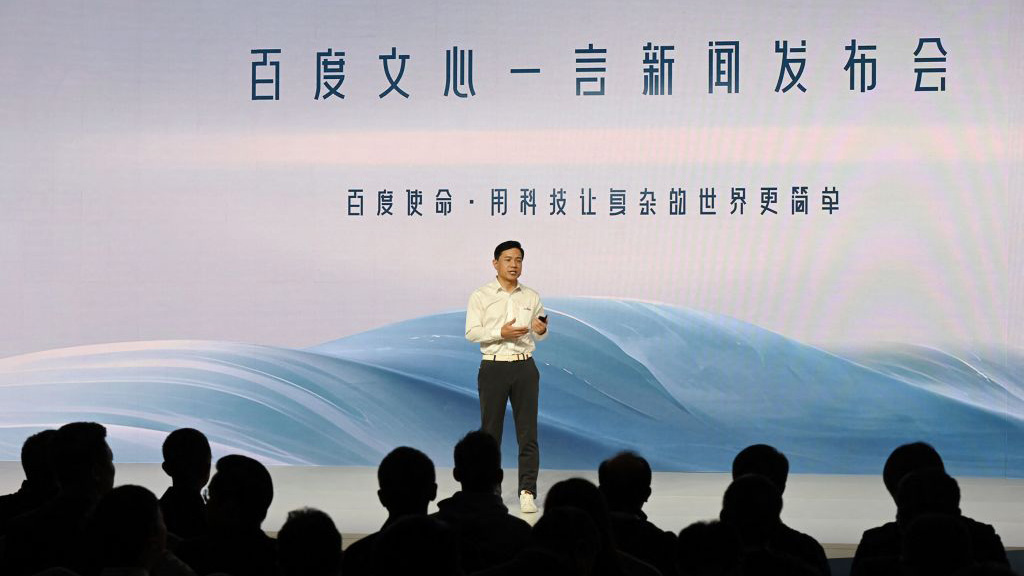
Chinese tech giant Baidu has announced its own generative AI chatbot, known as Ernie Bot, in a press conference that aimed to put the firm on a competitive footing with OpenAI and Microsoft.
Ernie Bot is a large language model (LLM) that has been in development at Baidu for some time. The company will look to integrate Ernie in its popular Xiaodu smart speaker and voice assistant products.
In a livestreamed press conference, Ernie Bot was shown answering facts, drawing connections between search results, and generating images on demand. Unlike OpenAI’s recent GPT-4 demonstration livestream, Baidu relied on pre-recorded videos for its demonstration.
The bot was also shown to struggle with questions it did not understand. Early into the announcement, Baidu CEO Robin Li showed that the chatbot would insist that users rephrase questions it could not parse.
Elements of the bot that require further development didn’t appear to have inspired investor confidence. Shares in the company dropped 10% in the wake of the announcement, and were down 6.4% at market close.
“Our expectations for Ernie Bot are close to ChatGPT or even GPT-4,” said Li, as translated by the press conference’s English interpreter.
“During our initial internal testing, we experienced the capabilities of Ernie bought and we feel that it is not perfect yet. However, we need to launch it today because we have a huge demand in the market because of various product lines including search, AI cloud, autonomous driving, and Xiaodu.”
Sign up today and you will receive a free copy of our Future Focus 2025 report - the leading guidance on AI, cybersecurity and other IT challenges as per 700+ senior executives
Analysis: Can Xiaodu compete with OpenAI?
Baidu is serious about its AI goals - the firm stated that it spend ¥23.3 billion (£2.8 billion) on research and development in 2022, equivalent to almost 20% of its revenue for the year.
Within China, there seems little doubt that Ernie Bot and Baidu’s wider AI ecosystem is set for commercial success. 650 companies have publicly agreed to sign up for the AI system already, and Baidu’s search engine dominance - 56% of the local market - gives it an edge that could stamp out local competition.
Its planned integration with the firm's smart device and AI spinoff Xiaodu also gives it a competitive edge. Although there was nothing like the multimodal capabilities of GPT-4 on display in the demonstration, none of the major firms pursuing generative AI have successfully implemented their models as virtual assistants.
But there are still big challenges to overcome if Baidu is to sell Ernie Bot overseas. Li openly admitted that Ernie Bot is not as effective with the English language as it is in Chinese, putting it behind OpenAI’s multilingual GPT-4 model and even ChatGPT, which runs on the slightly older GPT-3.5.
Li stated that Ernie Bot has been announced ahead of competing models by Google, Meta, and Amazon. Name-checking Google here made sense, as the search firm might be the closest Western company to Baidu in terms of size, purpose, and blended focus on AI and search.
RELATED RESOURCE

The newest approach: Stopping bots without CAPTCHAs
Reducing friction for improved online customer experiences
Ernie Bot operates using more than 100 billion parameters, putting it somewhere between Meta’s 65-billion-parameter LLaMA model and OpenAI’s 175-billion-parameter GPT-3.
While it isn’t terribly consequential for its overall performance, as the size of a model is only as important as the quality of its training, it does show a lack of scale that could put the model at a disadvantage against the largest models such as Google’s 540-billion-parameter PaLM.
When it’s released, Ernie Bot will perform a similar function to Google’s Bard, in its smart augmentation of the search experience through natural language processing. But with Microsoft’s backing of OpenAI pushing the firm’s products into greater integration across the business world, it’s the Redmond giant that Baidu will likely have to go up against in the short term.
Microsoft has admitted that its own search engine AI, Bing Chat, was powered by GPT-4 all along. This surprise announcement recontextualises the AI search space, with Google’s ‘code red’ response to counter ChatGPT having shown the company unprepared to compete with the company’s previous generation model, let alone GPT-4.
Baidu could still benefit from China's strict regulations on AI. OpenAI's products are currently banned in the country, and government controls on internet services that restrict the kind of data scraping that has bolstered Western AI firms might shield Baidu from significant local competition.

Rory Bathgate is Features and Multimedia Editor at ITPro, overseeing all in-depth content and case studies. He can also be found co-hosting the ITPro Podcast with Jane McCallion, swapping a keyboard for a microphone to discuss the latest learnings with thought leaders from across the tech sector.
In his free time, Rory enjoys photography, video editing, and good science fiction. After graduating from the University of Kent with a BA in English and American Literature, Rory undertook an MA in Eighteenth-Century Studies at King’s College London. He joined ITPro in 2022 as a graduate, following four years in student journalism. You can contact Rory at rory.bathgate@futurenet.com or on LinkedIn.
-
 Morgan Stanley research warns AI is having a huge impact on jobs
Morgan Stanley research warns AI is having a huge impact on jobsNews Analysis of five sectors highlights an "early warning sign" of AI’s impact on jobs
-
 AI is “forcing a fundamental shift” in data privacy and governance
AI is “forcing a fundamental shift” in data privacy and governanceNews Organizations are working to define and establish the governance structures they need to manage AI responsibly at scale – and budgets are going up
-
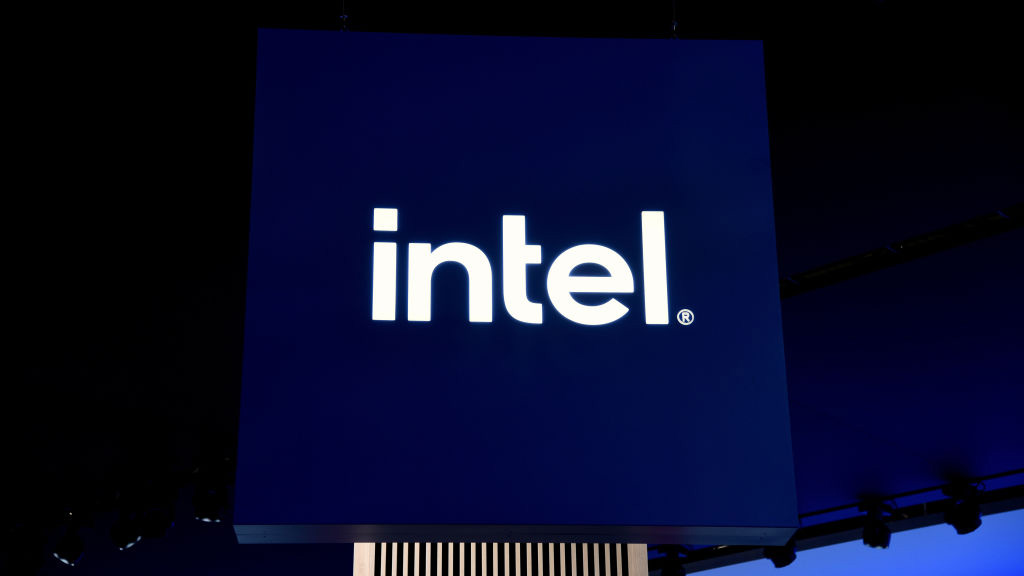 Intel targets AI hardware dominance by 2025
Intel targets AI hardware dominance by 2025News The chip giant's diverse range of CPUs, GPUs, and AI accelerators complement its commitment to an open AI ecosystem
-
 Calls for AI models to be stored on Bitcoin gain traction
Calls for AI models to be stored on Bitcoin gain tractionNews AI model leakers are making moves to keep Meta's powerful large language model free, forever
-
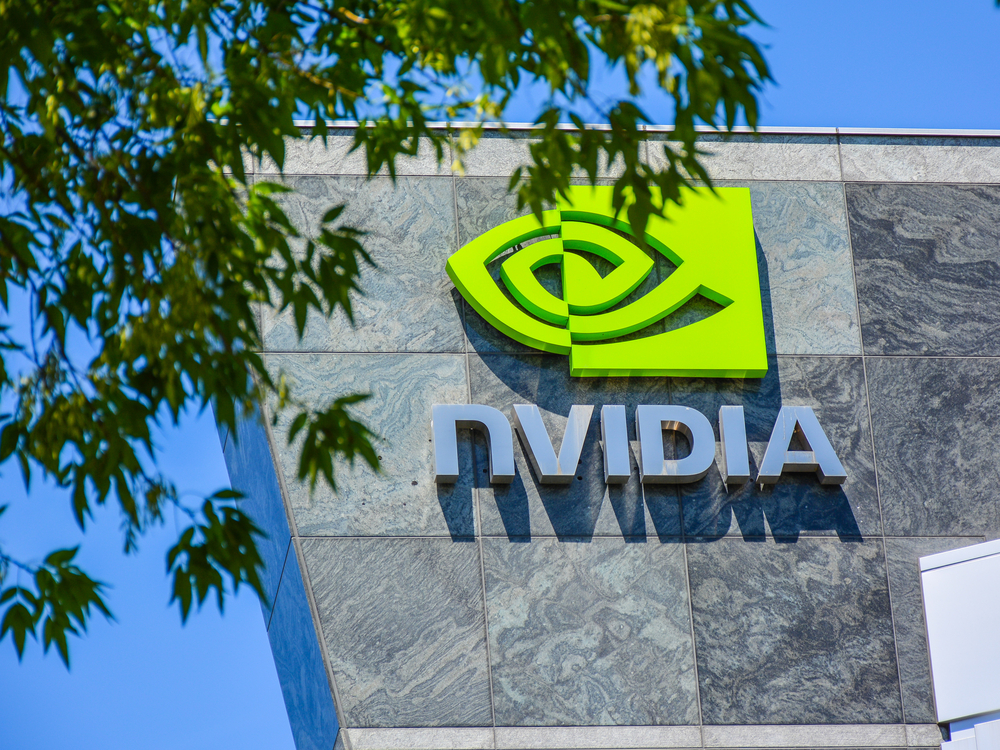 Why is big tech racing to partner with Nvidia for AI?
Why is big tech racing to partner with Nvidia for AI?Analysis The firm has cemented a place for itself in the AI economy with a wide range of partner announcements including Adobe and AWS
-
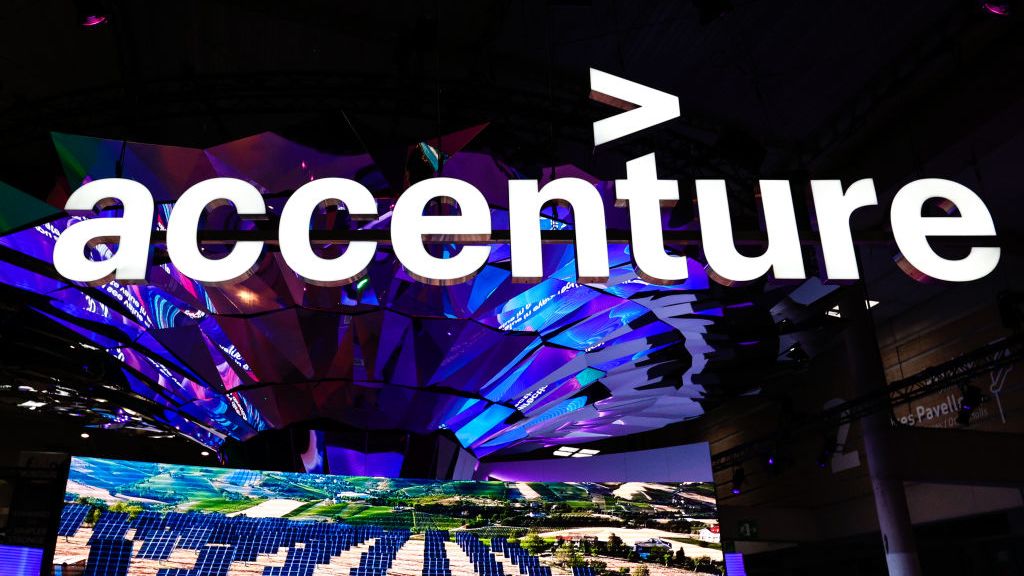 Accenture bolsters industrial AI services with Flutura acquisition
Accenture bolsters industrial AI services with Flutura acquisitionNews Bangalore-based AI specialist will help “power industrial AI-led transformation” for Accenture’s global clients
-
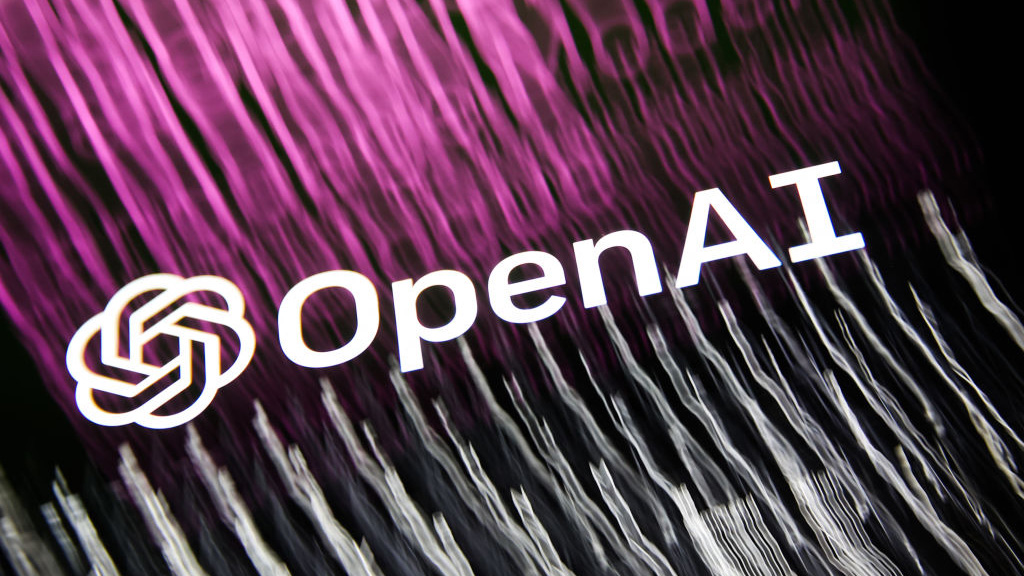 OpenAI announces multimodal GPT-4 promising “human-level performance”
OpenAI announces multimodal GPT-4 promising “human-level performance”News GPT-4 can process 24 languages better than competing LLMs can English, including GPT-3.5
-
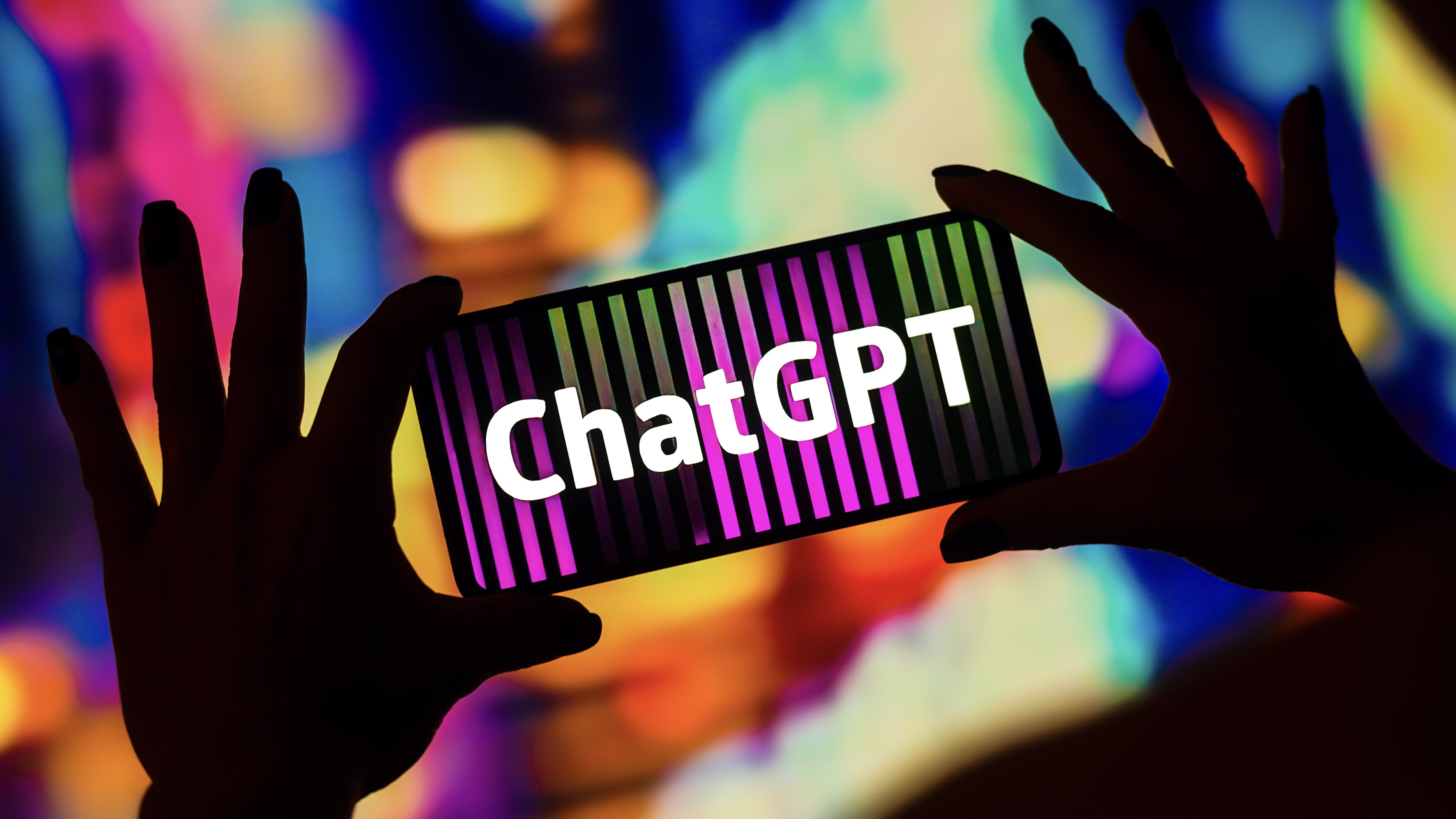 ChatGPT vs chatbots: What’s the difference?
ChatGPT vs chatbots: What’s the difference?In-depth With ChatGPT making waves, businesses might question whether the technology is more sophisticated than existing chatbots and what difference it'll make to customer experience
-
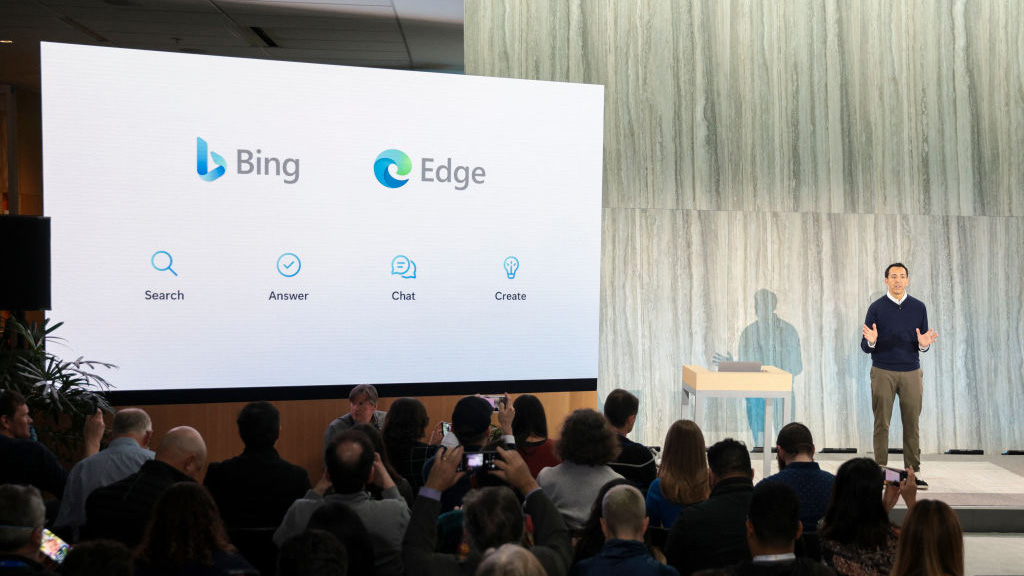 Bing exceeds 100m daily users in AI-driven surge
Bing exceeds 100m daily users in AI-driven surgeNews A third of daily users are new to the past month, with Bing Chat interactions driving large chunks of traffic for Microsoft's long-overlooked search engine
-
 OpenAI launches ChatGPT API for businesses at competitive price
OpenAI launches ChatGPT API for businesses at competitive priceNews Developers can now implement the popular AI model within their apps using a few lines of code